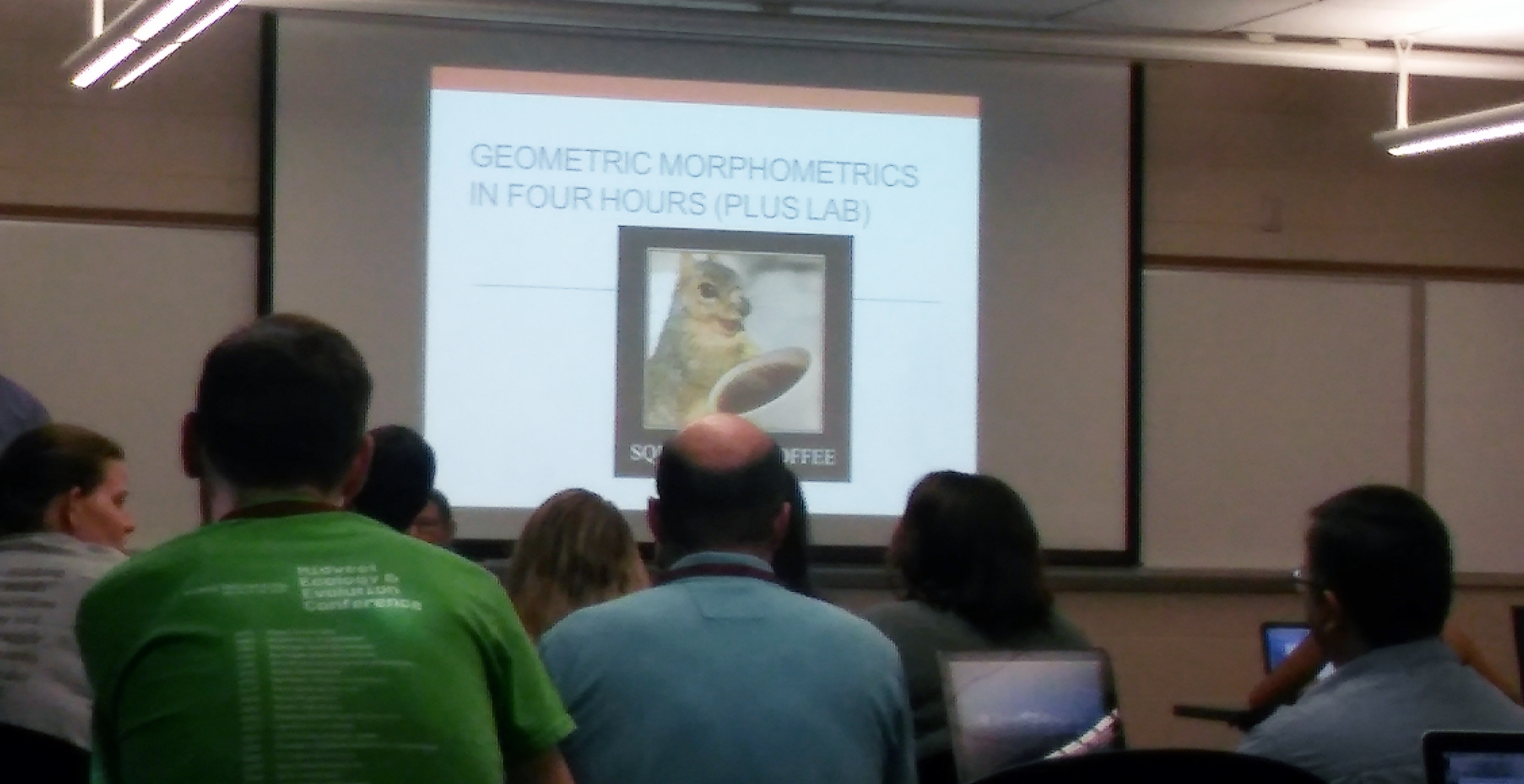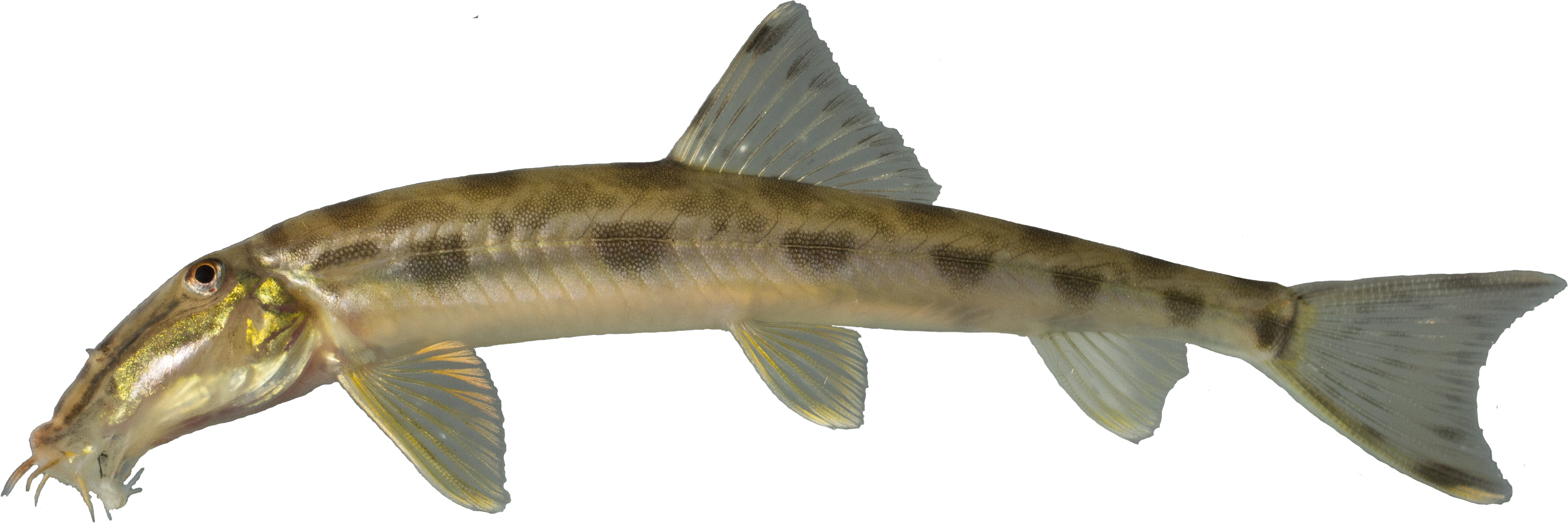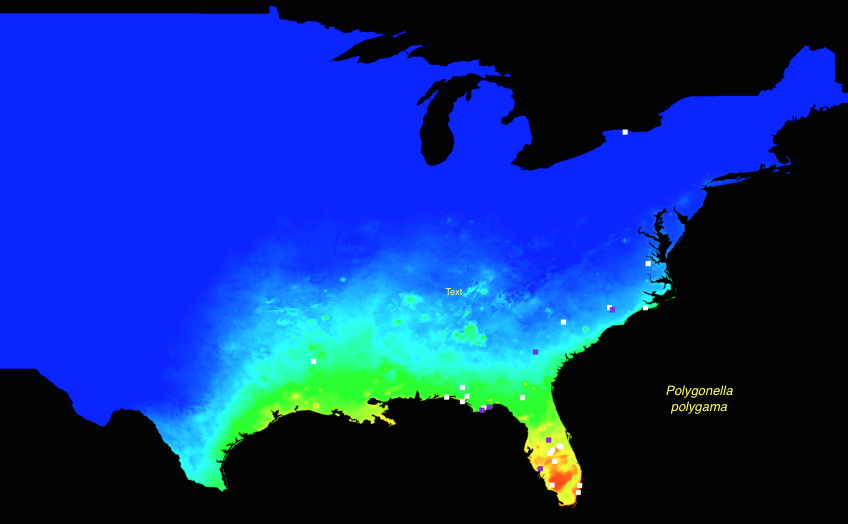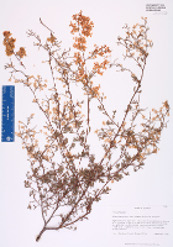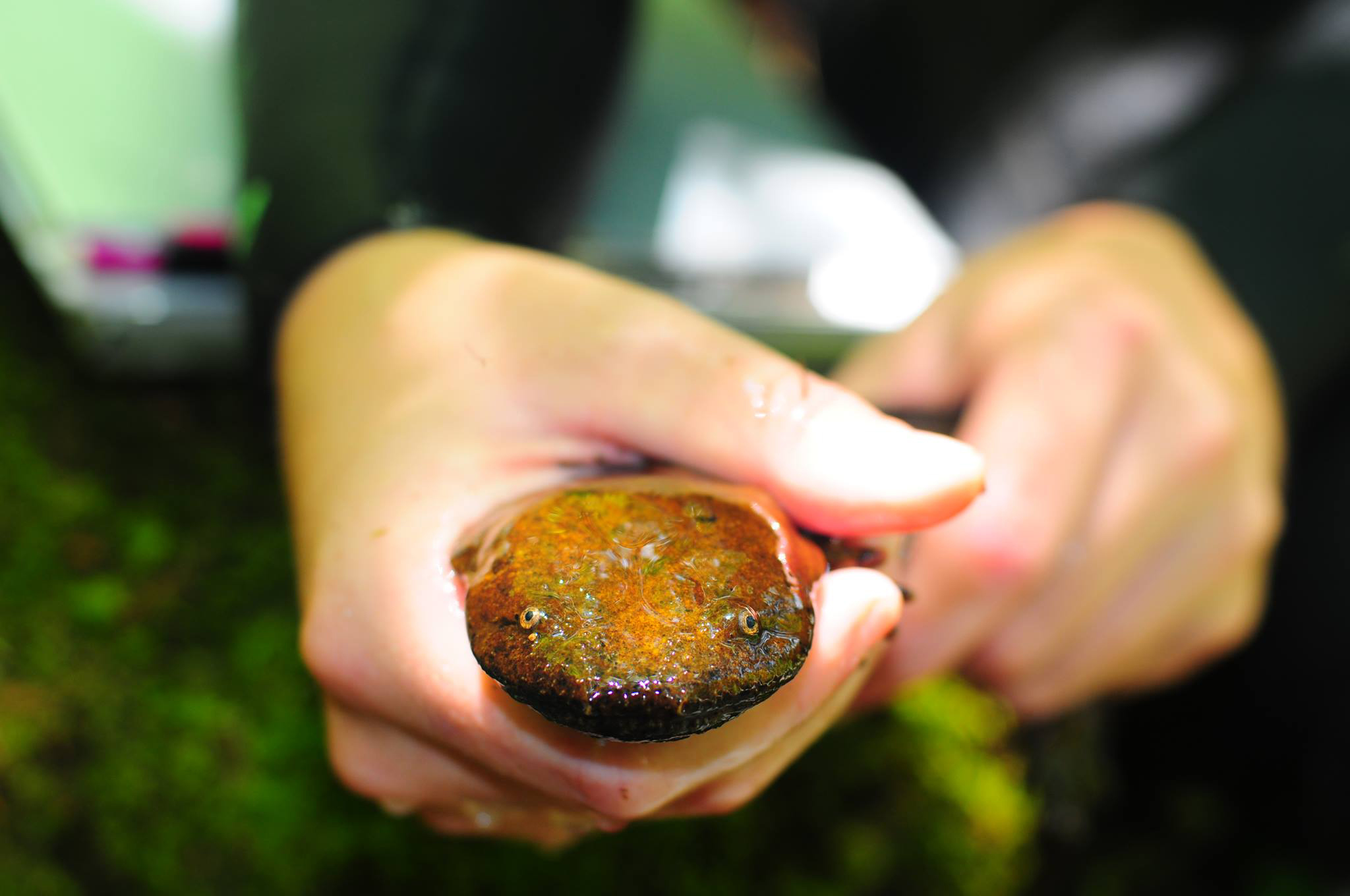SPNHC 2017: Call for Abstracts
The Society for Preservation of Natural History Collection's (SPNHC) 2017 Conference, "The Next Generation in Best Practices" is being held in Denver, Colorado, from June 18 - 24, 2017, hosted by the Denver Museum of Nature and Science and the Denver Botanic Gardens.



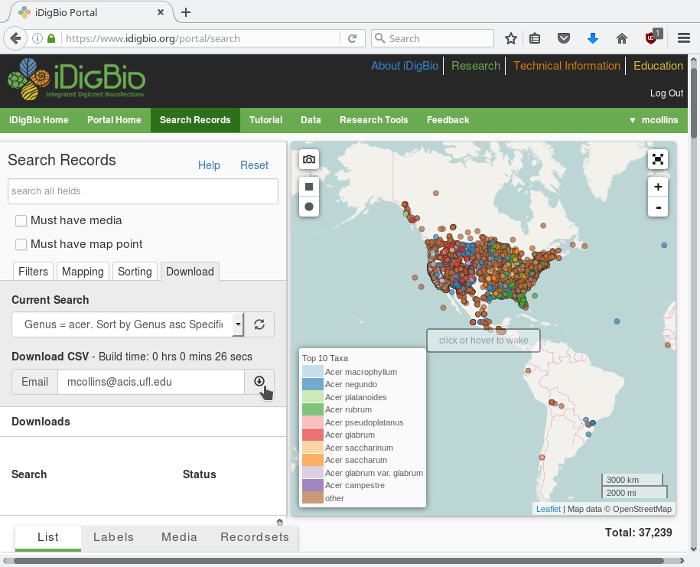
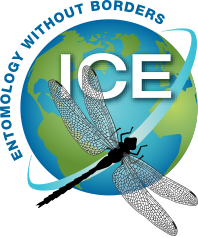 iDigBio had a blast at
iDigBio had a blast at 

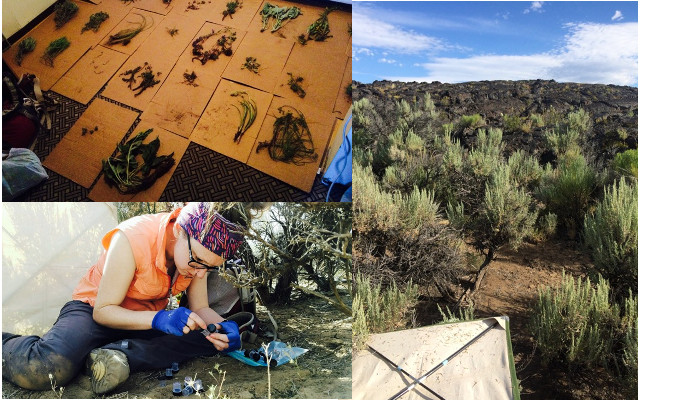
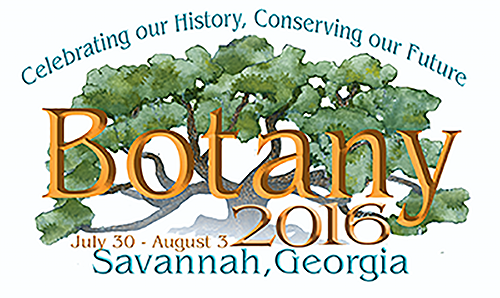 For the third straight year, iDigBio hosted a full-day workshop on research methods using digitized herbarium specimen data at the annual Botany conference (
For the third straight year, iDigBio hosted a full-day workshop on research methods using digitized herbarium specimen data at the annual Botany conference (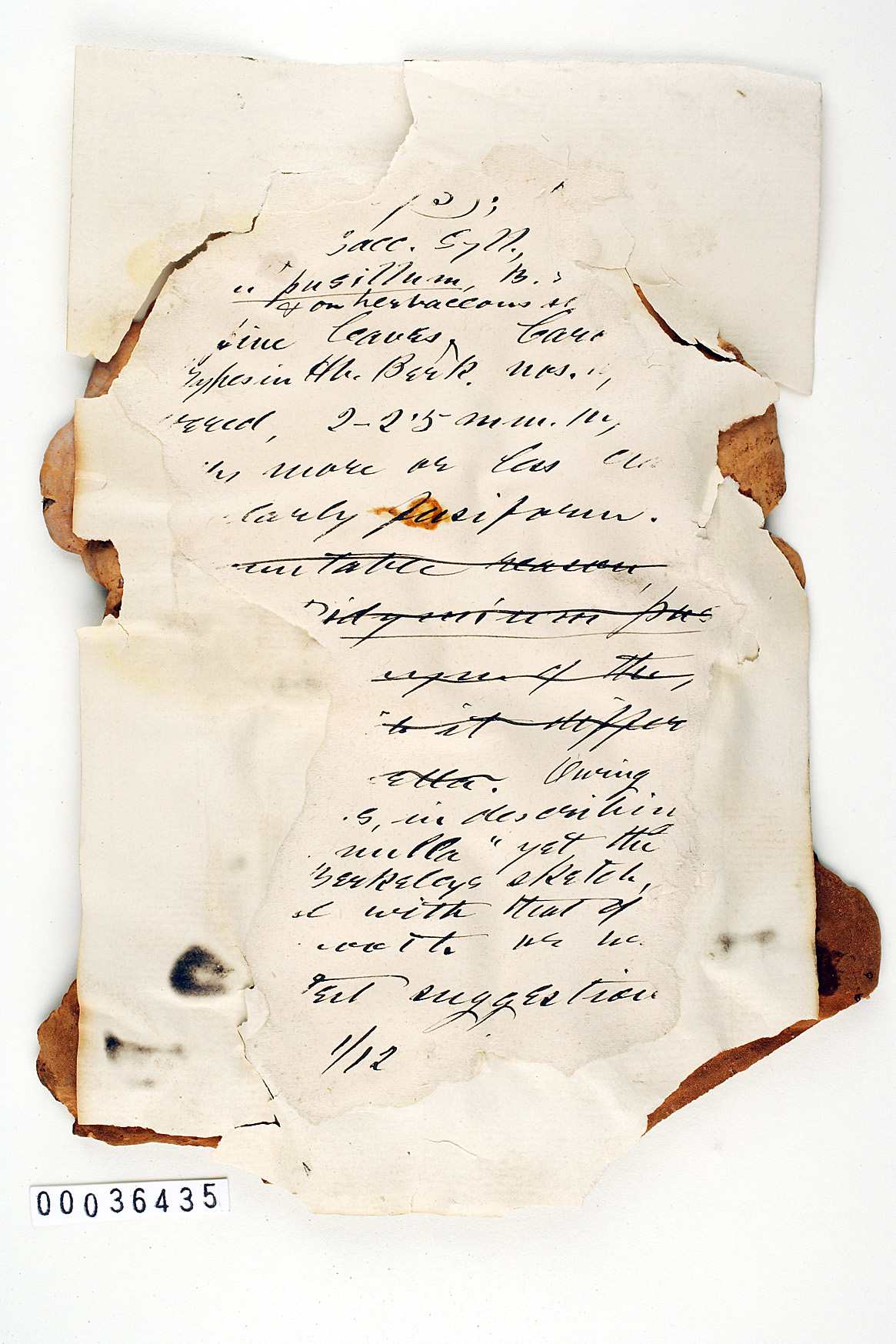 Specimens collected in Nicaragua by American mycologist Charles Leonard Smith in the late 19th century were thought to have been lost for over 100 years.Through
Specimens collected in Nicaragua by American mycologist Charles Leonard Smith in the late 19th century were thought to have been lost for over 100 years.Through 
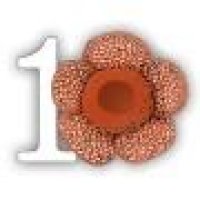 Who could resist a conference where the mascot is a giant bright red Rafflesia flower, where bagpipes serenade the participants, and kilt-wearing and traditional folk dancing are encouraged, along with stimulating science? The
Who could resist a conference where the mascot is a giant bright red Rafflesia flower, where bagpipes serenade the participants, and kilt-wearing and traditional folk dancing are encouraged, along with stimulating science? The  The
The 